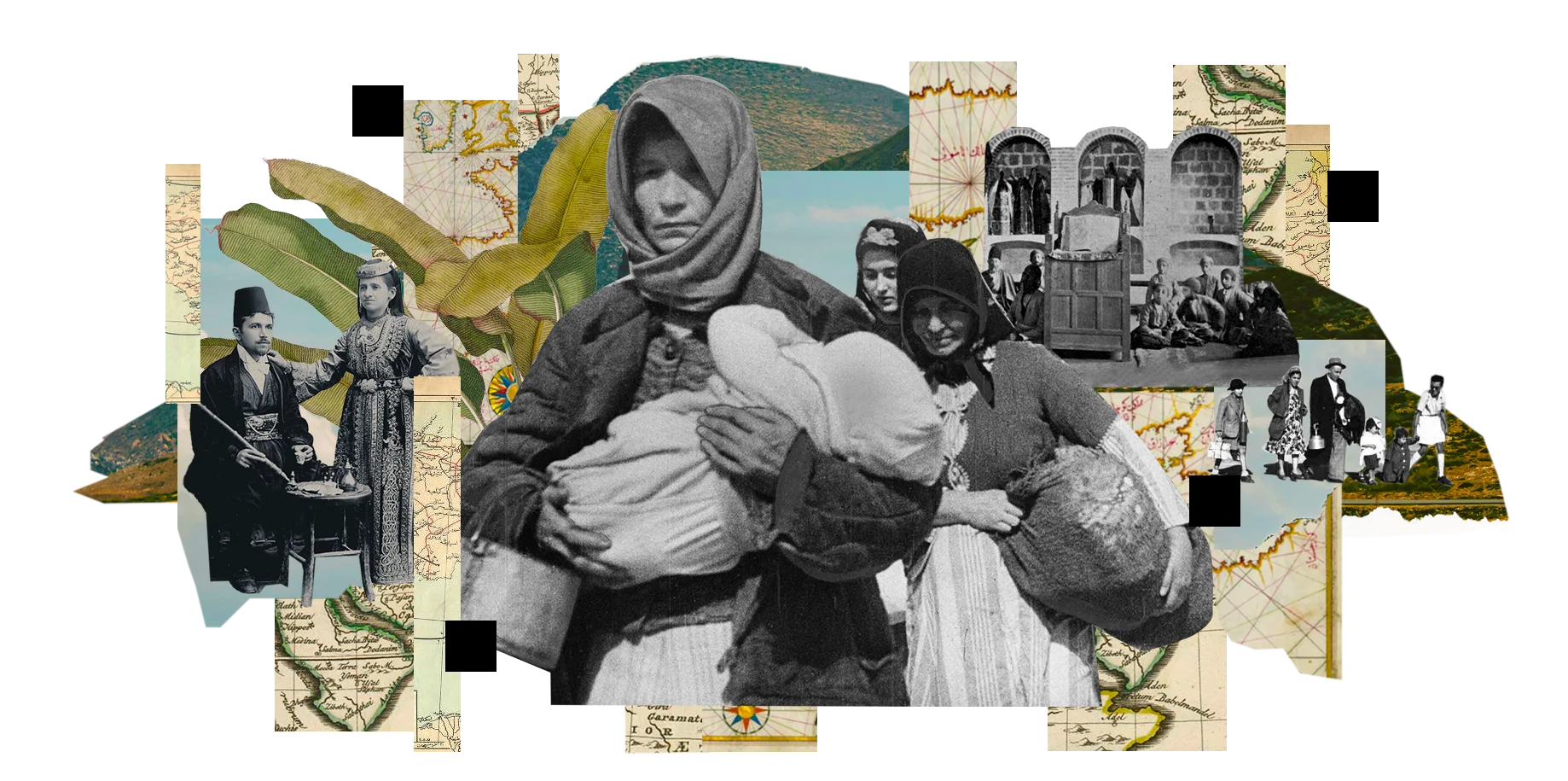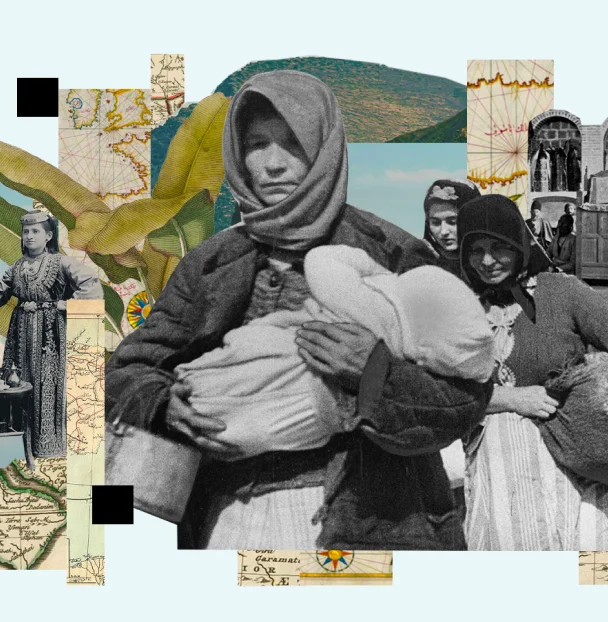As I delved into the production of the third issue of Distinctions, centered on the theme of Diaspora, I found myself reconsidering the title. Shouldn’t it instead be dubbed “Exile,” a term deeply rooted in Jewish tradition, signifying life outside the land of Israel? What sets exile apart from diaspora? According to the Encyclopedia Judaica, diaspora refers specifically to periods when Israel was under the dominion of the Greek and Roman Empires, as well as the current era, after the establishment of the State of Israel.
Initially, exile (or galut in Hebrew) carried a predominantly negative connotation, seen as a consequence of political and religious errors. Maimonides stated that Israel suffered exile as a natural consequence of its political behavior, having prioritized the study of astrology rather than focusing on military strategies. Historically, galut was perceived as a punishment for collective indiscretions, a trial by fire aimed at refining the Jewish people’s loyalty to their faith, Torah and nation. This notion of exile as a punitive measure resonates throughout biblical and rabbinic texts. So does galut only encompass forced exile under threat of violence, or does it extend to voluntary migration, such as for economic or family reasons? Is the distinction merely based on the degree of suffering endured?
The complexity of exile deepened with the rise of Catholicism and Islam, as they interpreted Jewish exile as a validation of their own religious narratives. Today, with the existence of the State of Israel, questions arise: Does the concept of galut persist? Does Israeli sovereignty truly negate exile, especially when considering factors like the Waqf’s control of the Temple Mount or Ra’am’s ability to determine the future of the Jewish state?
Conversely, the notion of diaspora has been regarded positively as a means to disseminate Jewish values globally, attract converts and ensure survival through dispersion. Perhaps it was a divine strategic move to prevent the complete annihilation of the Jewish people. But now, with the establishment of the State of Israel, living in the diaspora can be seen as a voluntary exile, perhaps even a transgression. Navigating these conflicting perspectives prompts a search for modern insights, particularly from Sephardi and Mizrahi communities dispersed across the globe.
The Winter issue of Distinctions underscores these existential questions: What defines “home” for Jews? Will we forever be seen as outsiders? How much persecution is tolerable? When is resistance necessary? Why is preservation of cultural heritage in hostile environments worthwhile?
Personally, I contemplate my family’s history of survival through various exiles, from Babylon, Rome, and Spain to Rhodes, and now Seattle. The uncertainty of what lies ahead, whether it’s a fifth exile or a sense of displacement in the Pacific Northwest, looms large. Ultimately, my physical connection to Israel feels more distant — but my emotional ties have grown stronger — since October 7. I imagine many Jews around the world feel like me here in Seattle, where living outside of Israel seems more like an exile than a diaspora.



